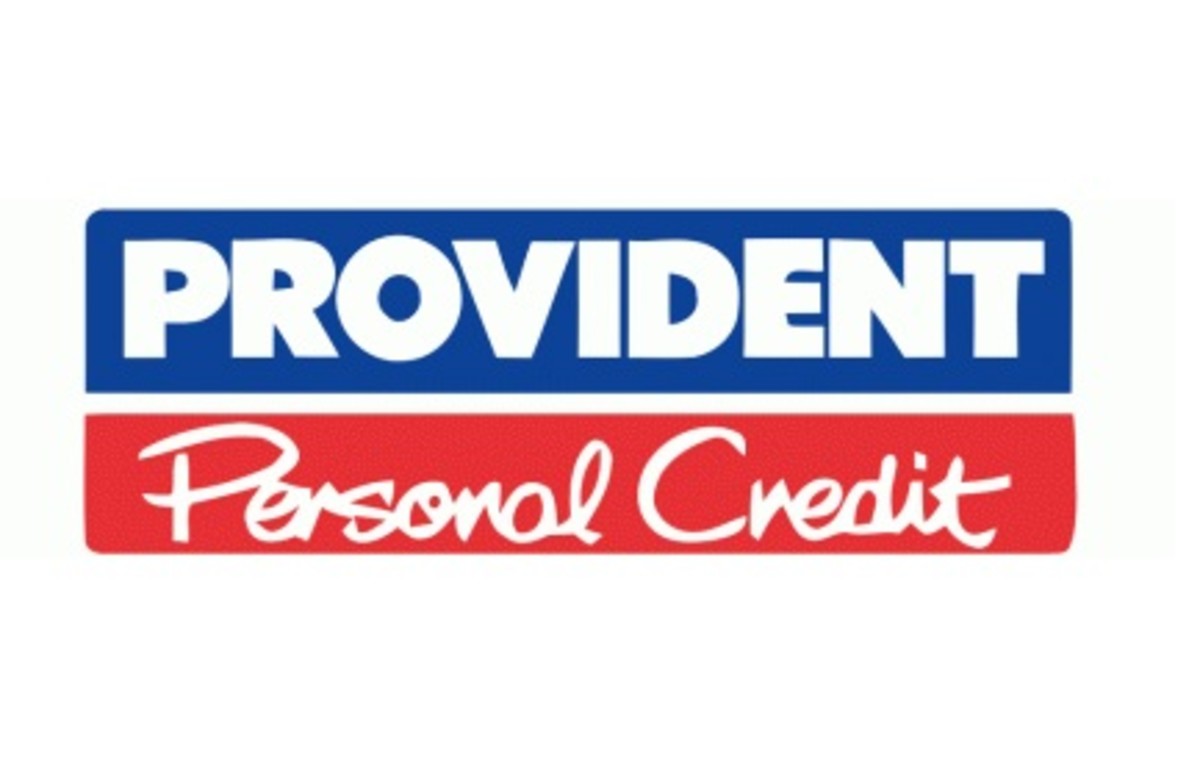What Challenges Are Loan Borrowers Likely to Encounter as Economies Reopen After the Coronavirus (Covid-19) Lockdowns?

As countries begin to re-establish economic activity after Coronavirus lockdowns, one sure thing is that credit will be a vital tool as people and businesses rebuild. However, with lockdowns spiking consumption and suppliers under pressure, consumer protection problems around the availability of credit are set to appear.
At this volatile period, new risks are bound to develop alongside the usual risks faced by borrowers.
During the lockdowns, a large number of small and medium-sized firms and businesses exhausted their reserves. Few may have even disposed of productive assets. Families also consumed their reserves just to survive through the lockdowns. With depleted working capital to buy materials or inventory, farms and businesses will need to apply for credit. Families will borrow to cater for their basic needs if other possibilities run out. With humanitarian and government aid getting to a small section of those who require help, these could give rise to a greater demand for credit.
Yet financial services providers are experiencing the greatest pressure they have endured since the financial crisis of 2008. Most are facing challenges related to the reduction of liquidity and revenue: high arrears, withdrawals of deposits, inability to properly conduct branch operations, or loan moratoria.
Research by Global Pulse Survey (CGAP) showed that the portfolio-at-risk of microfinance institutions during April was almost doubling. Averaging at about 7.2%, it was significantly elevated. Though some regulated institutions have received help from governments in the form of relaxed reserve and liquidity facilities, the non-regulated financial institutions that most lower-income households often turn to have gotten little or no help.

Potential challenges/risks likely to be encountered by loan borrowers and debtors as economies try to reopen after the Coronavirus (COVID-19) lockdowns.
In market situations experiencing the pressure of high demand, consumer protection challenges will often emerge. Let us examine some key risk scenarios that relate to credit.
I. Current borrowers over-indebtedness
The moratoria extended to households and businesses during the first lockdowns are nearing expiration, and financial service providers will start calling for the resumption of loan service payments. This is despite the fact that most borrowers may not have the ability to comply.
The Microfinance institutions that took part in the CGAP’s pulse survey said that up to 18% of their individual portfolios have been rescheduled or placed under moratoria. In a few cases, regulators mandated the moratoria. The level of flexibility varied broadly across regulators, but in most cases, lenders exercised great discretion over how to structure and when to offer moratoria.
As arrears increase, FSPs may be tempted to reactivate their loan collection. In Pakistan for example, many microfinance loan officials continued to pressure debtors to repay their loans, even after moratoria came into effect. There’re reports that house helps in Hong Kong from Indonesia and the Philippines are falling victim into debt traps of aggressive lenders. Financial service providers that use the services of collections agencies often turn a blind eye when such high-pressure tactics are used.
II. The inability of small businesses and households to acquire loans
Fresh credit infusion is a great stimulus to economic recovery. Many people may seek credit because those that had previously depended on social networks or savings can no longer rely on such. With exhausted assets and reserves, most otherwise good borrowers won’t be able to meet the collateral requirements or standard creditworthiness.
All these factors imply the danger of a credit crunch impacting lower-income households. There’re already reports of credit becoming scarce in the US. Fearing a credit crunch, the Kenyan government has proposed fines for FSPs that decline to offer loans because of a negative credit score.
During this period, it’s vital for providers and regulators to come up with rational guidelines for underwriting.
III. Aggressive lending
The third situation arises when responsible financial service providers are constrained. Some rogue lenders may aggressively advertise high-interest loans attracting desperate borrowers who are not able to pay back.

What can be done to avert these potential risks?
With these three situations likely to come up in many countries, the lending market for lower-income households and businesses is facing a difficult and chaotic period. Most of the existing regulations aren’t clear enough. Moreover, not all financial service providers are regulated by the relevant authorities. FSPs that haven’t received categorical guidance may decide to treat borrowers on a case-by-case basis, likely resulting in inconsistent treatment of borrowers.
By foreseeing potential problems and coming up with clear policies, financial service providers, investors, credit bureaus and regulators can assist in ensuring that credit facilities will treat borrowers fairly.








